|
Thanks a lot Bhaskar for inviting me to Anant National University. It was amazing to meet new friends and enthusiastic learners. Like I said before, the place has all the ingredients, structure, facilitators and drivers to create an exciting new paradigm of Design. With an amazing vibe at ANU, the possibilities are literally Anant.
Recently, I participated in an online seminar, How is an Institution Designed and How Do They Shape Knowledge? The session was hosted by Nia Thandapani and included Bao and Tanveer Ahmed as my co-discussants. Sharing the recording here.
Thanks to the IDC School of Design IIT Bombay invite, I presented my doctoral research experience in Design History to the PhD aspirants. My presentation, "PhDing Design History: An Uncharte(re)d Research Journey in India?" elaborated on the research gaps, challenges, opportunities and a few suggestions for new and future PhD scholars. The slides presented are available in this link.
It was a great opportunity to interact with the community at Indian Institute of Technology Gandhinagar I elaborated on the ideas around Design and Modernity through India's unique post-colonial Design History. Thanks to Prof Manasi Kanetkar at Design & Innovation Centre for inviting me. #design #history #designeducation
Design for development 2.0? Revisiting the Ahmedabad Declaration and discourse of design in India
presented at 2019 WDO Research and Education Forum, Hyderabad As the seminal India Report laid the foundation for the National Institute of Design (2013), a decade later, inspired by HfG Ulm and shaped by its local conditions (Rane, 2017), the Industrial Design Centre at IIT Bombay emerged as another hub for Industrial Design Education in India. Together they formed the two ideological cradles, where the first formal discourse of Industrial Design in India occurred. Reflecting on the projects, pedagogical models and philosophy from India, including Balaram (2005), Vyas (2010), Ranjan (2015), particularly IDC and NID, the paper here teases out the potential paths to pursue in the current scenario of design education in India and the larger developing world. Read here Towards an ontological expansion of design: Thematic threads to advance the next design education paradigm
presented at 2019 WDO Research and Education Forum, Hyderabad The new millennium widened the forms and perception of design as ‘Objects, Communications, Spaces, Events, Services, Systems, Environments, Organisations, Futures’ and associated it with ‘the idea of transformation’ (Ranjan, 2015). This expansion of forms and the idea of transformation is pertinent to the urgency displayed in addressing the Sustainable Development Goals (SDGs, 2015). Be it Responsible Production and Consumption (SDG 12), Sustainable Cities and Communities, or Good Health and Wellbeing (SDG3), the design has a role, agency and ability to critically and constructively address each of the seventeen SDGs poignantly. The author argues that the 'design' needs to be expanded to work in the larger world, with plural world-views, in facilitating the process. The paper elaborates thematic threads, which Design Education (DE) structures and networks can pursue to advance the next paradigm in its pedagogy. This paradigm (or paradigms) will surely be more relatable to the context and localities, and empathetic to the users and the mother earth. Elaborating the threads as critical practice will also allow DE to offer integrated solutions (UNDP, 2019) towards the Sustainable Development Goals. Read here Honoured to be speaking at IDC Alumni Awards Talk Series on 23rd January, 2021 | 16:00 hrs. Image Credit: IDC, IIT Bombay
2020 CAA-Getty International Program Participants, photo by Stacey Rupolo.
Front row, left-right: Julia Waite (New Zealand), Saurabh Tewari (India), Daria Jaremtchuk (Brazil), Ali Mahfouz (Egypt), Akande Abiodun (Nigeria), Aleksandra Paradowska (Poland), Iro Katsaridou (Greece), Priya Maholay-Jaradi (Singapore), Giuliana Vidarte (Peru); Back row, left-right: Valeria PazMoscoso (Bolivia), Nora Veszpremi (Hungary/UK), Eiman Elgibreen (Saudi Arabia), Pedith Chan (Hong Kong), Mariana Levytska (Ukraine), Daniela Lucena (Argentina), Katarzyna Cytlak (Poland), Daria Panaiotti (Russia), Jean-Arsène Yao (Côte d’Ivoire), Irene Bronner (South Africa); Not pictured: Ganiyu Jimoh (Nigeria) Today, I presented a lecture, Designama: Shifting Positions of Design in India, at the New York University, 4-5 pm, 18 Feb at IDM, Room #324, 370 Jay St., Brooklyn, Department of Technology, Culture and Society, NYU. Thanks to Ahmed Ansari for hosting me at New York. "At a one-day preconference colloquium, to be held this year at the School of the Art Institute of Chicago, the fifteen new participants will discuss key issues in the international study of art history together with five CAA-Getty alumni and several CAA members from the United States, who also will serve as hosts throughout the conference."
As a CAA-Getty International Program Fellow, I will be attending CAA Annual Conference and Fellowship Program in Chicago, February 2020. Presented two short papers during the Hyderabad Design Week at World Design Organisation @worlddesignorg ' s Research & Education Forum, Humanising Design, at Indian School of Business, Hyderabad on 10 October 2019. My first paper, Towards an Ontological Expansion of Design: Thematic Threads to advance the next Design Education Paradigm, elaborates three thematic threads, which Design Education structures and networks can pursue to advance the next paradigm. Further, through researching these under-explored positions, and exploring their inherent components, it can work towards creating new forms of knowledge in design research. As the Ahmedabad Declaration of 1979 remains a significant event in the discourse of design for development, my second paper, Design for Development 2.0? Revisiting the Ahmedabad Declaration, illustrated how the pedagogy, project and discourse of IDC and NID were conceptually aligned to the spirit of Ahmedabad Declaration of 1979. Image Credits: WDO, Anmol and Harshali
Visited HfG Ulm, the Gangotri of so many post-war design objects, pedagogical approaches, and service/system concepts. It's unfortunate that this iconic Design School closed in 1968. However, it's ideological variations are all over the world including NID and IDC IIT Bombay in India.
Had an amazing week in dealing with the Foundation Batch of NID Ahmedabad, along with the co-mentors Tanishka Kachru, Dr. Shilpa Das and Sangita Shroff.
Meeting one of the towers of Design History, Prof. Jonathan Woodham at ICDHS 2016 at Taipei
|
Archives
October 2023
Categories
All
|
Saurabh Tewari
Saurabh Tewari
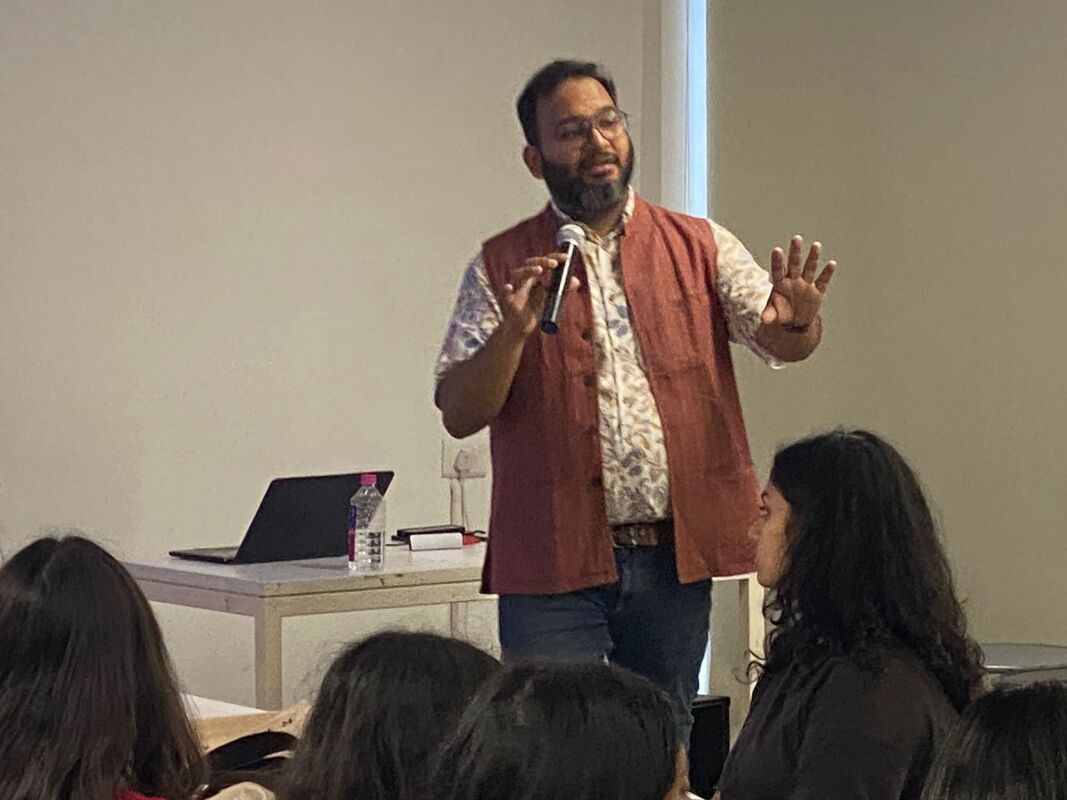
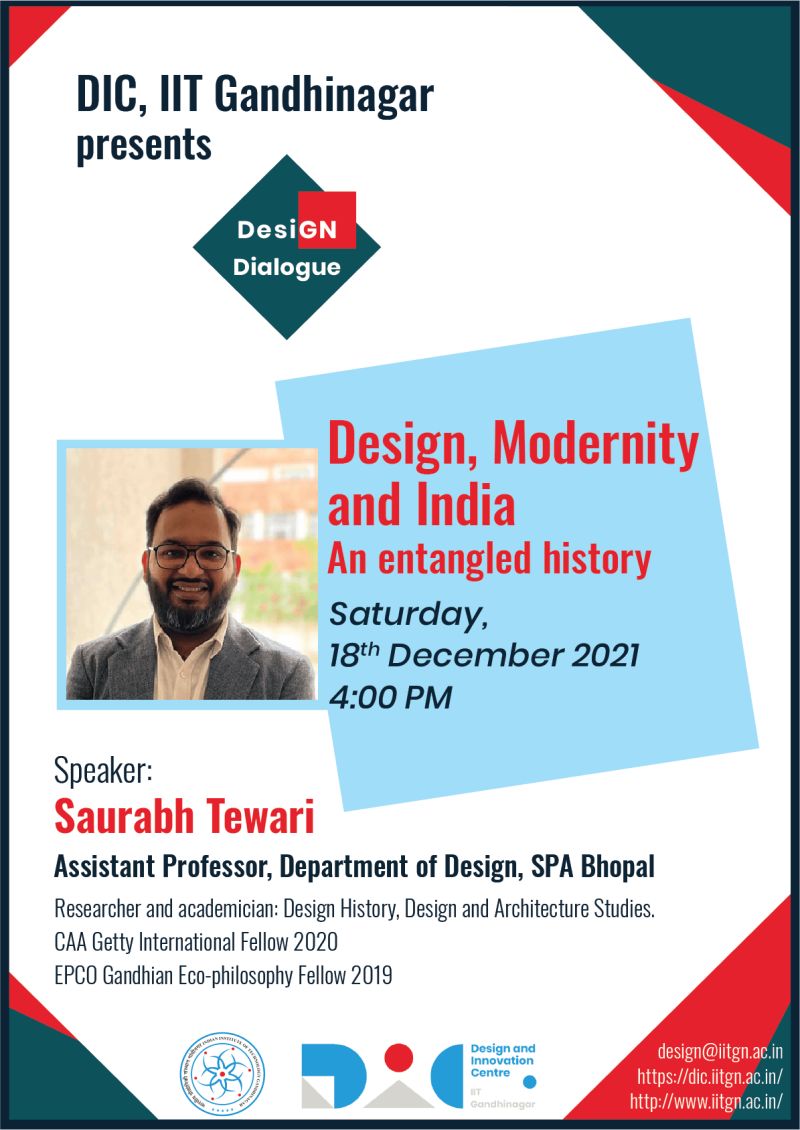
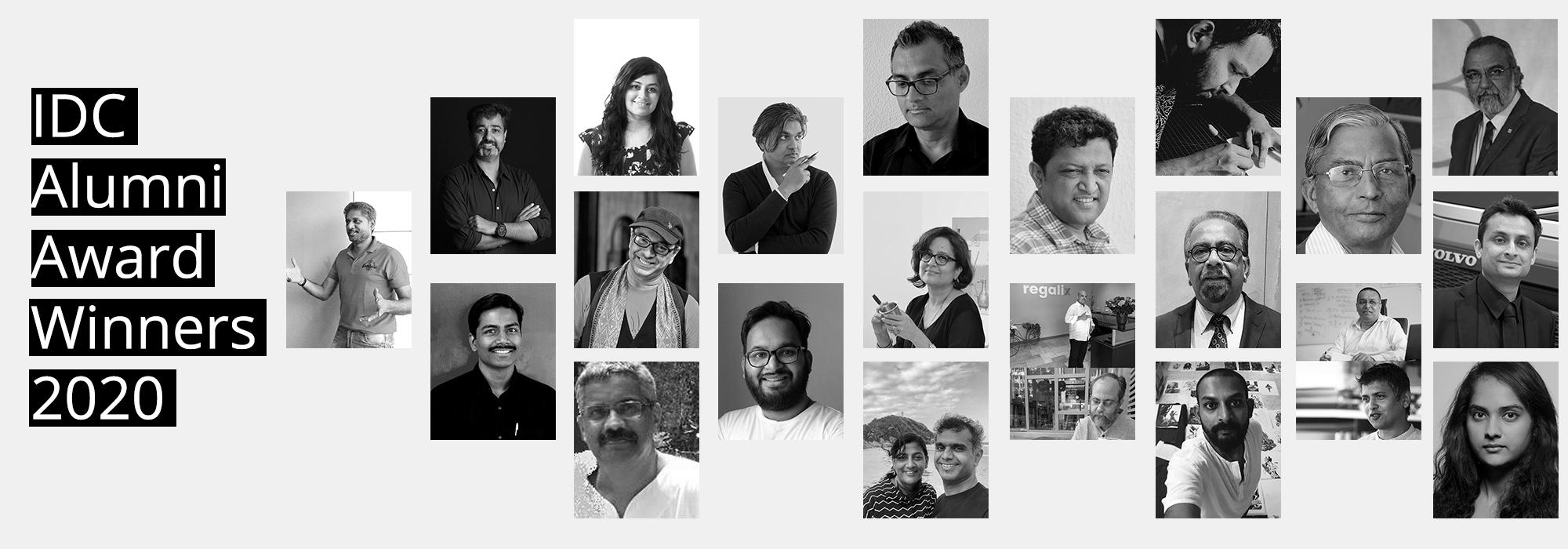
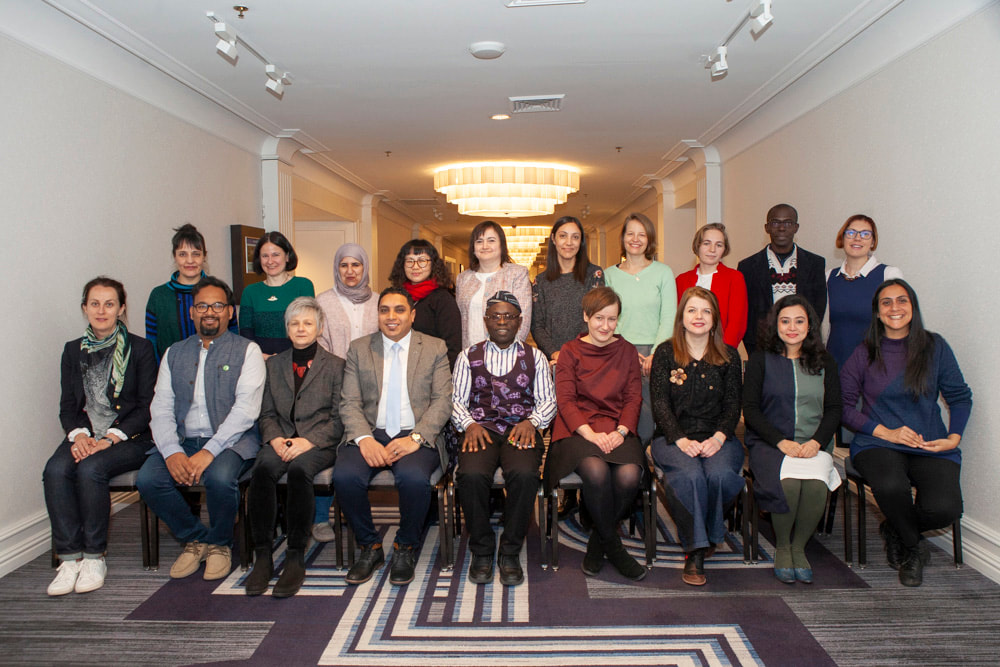
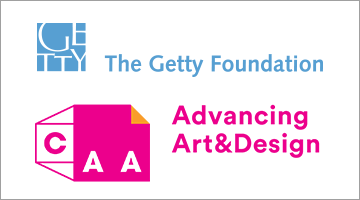
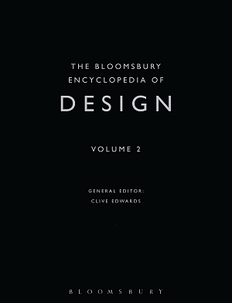
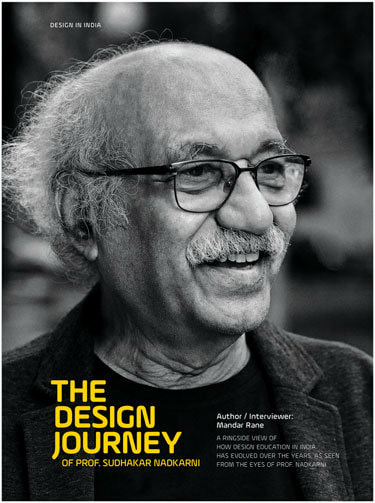
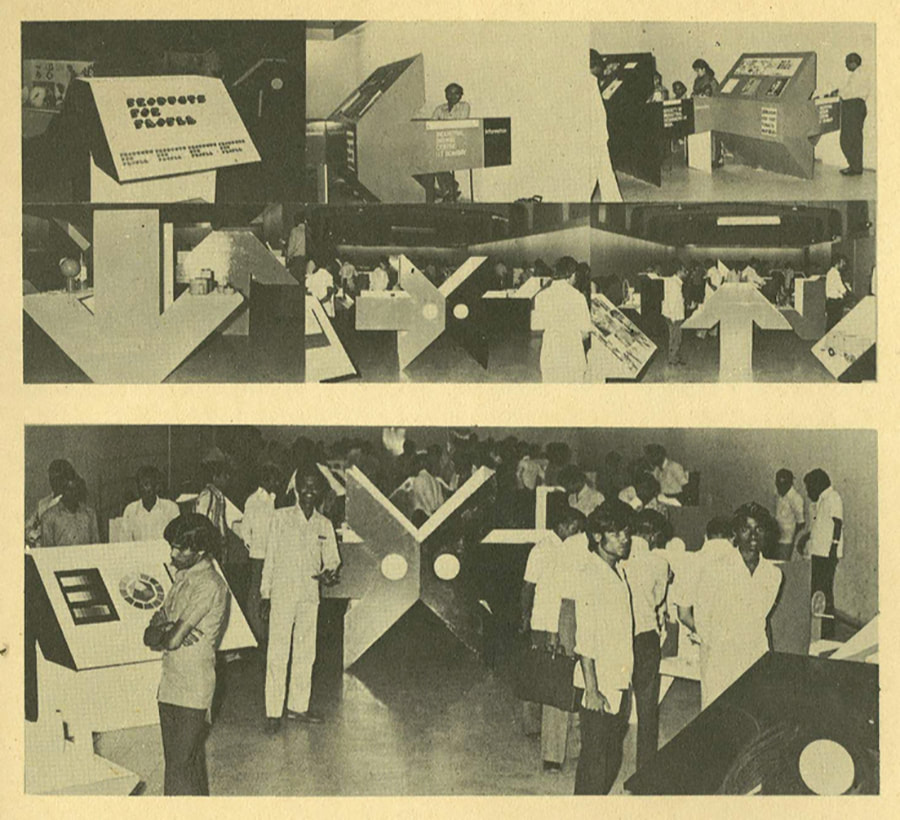
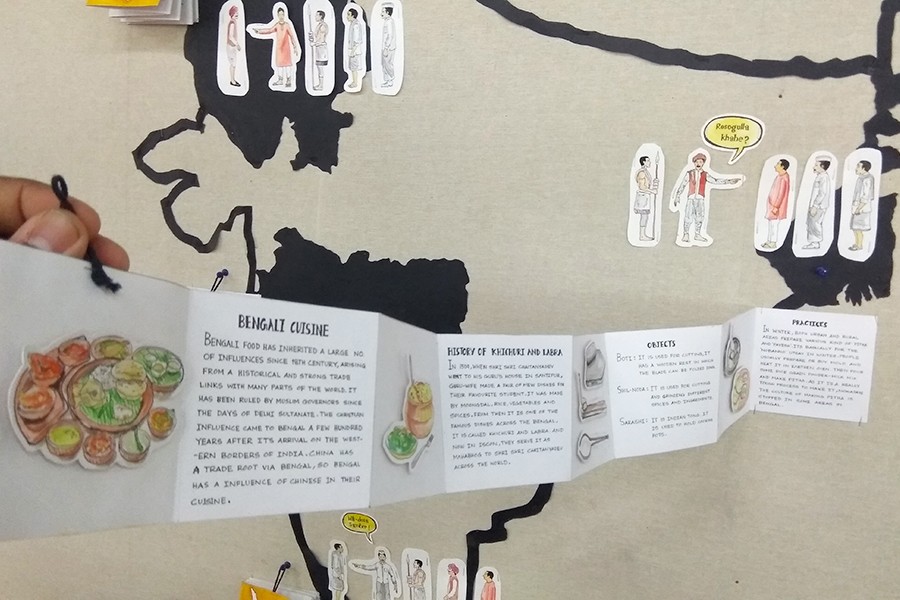
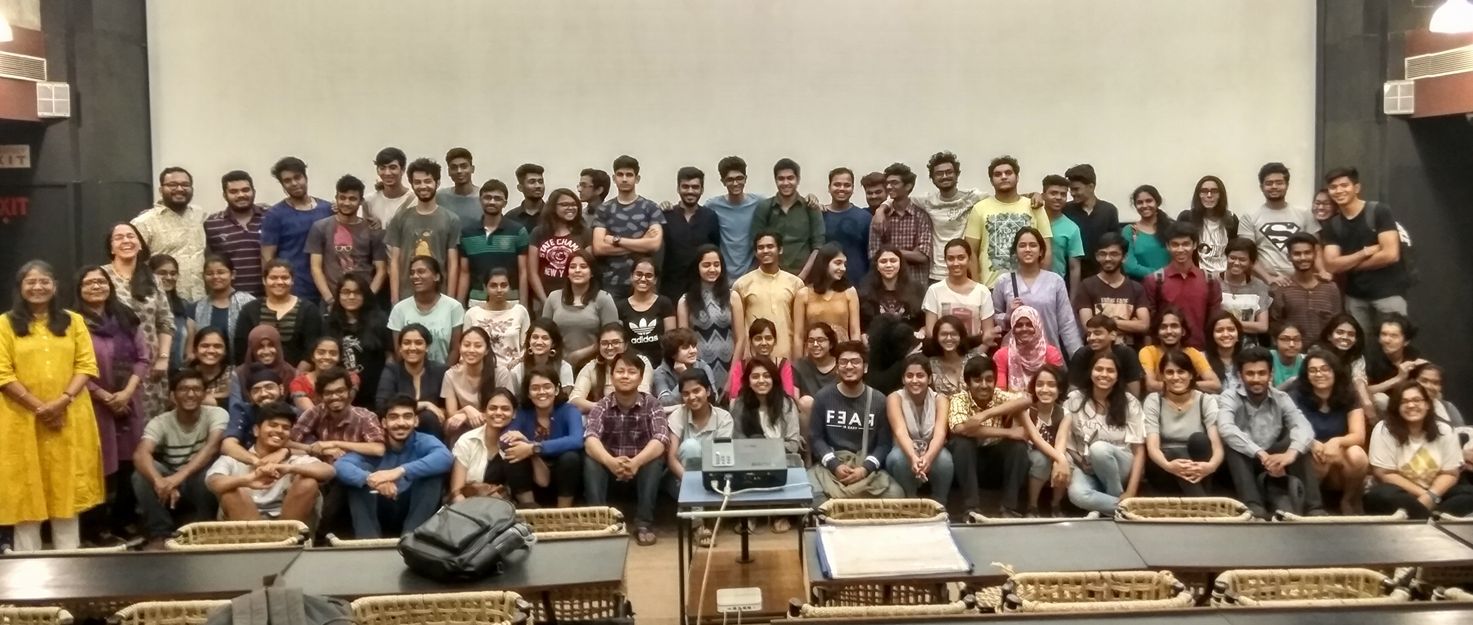
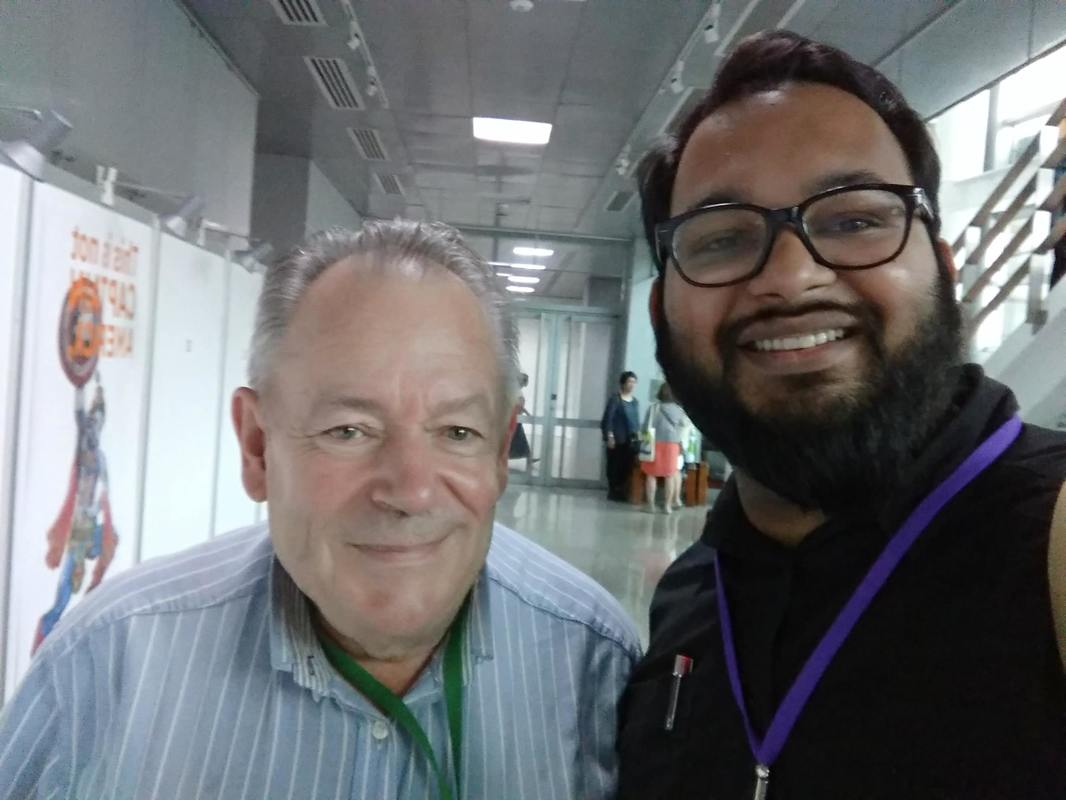
 RSS Feed
RSS Feed
